Partners
1. ETIS/ENSEA, Cergy-Pontoise, France: 6 permanent researchers, 1 research eng., 1 PhD student, 3 Post-docs, 1 MSc student
2. USP, São Paulo, Brazil: 3 permanent researchers, 4 PhD students, 1 Post-doc
3. PUC-Rio, Rio de Janeiro, Brazil: 2 permanent researchers, 3 PhD students, 1 MSc student
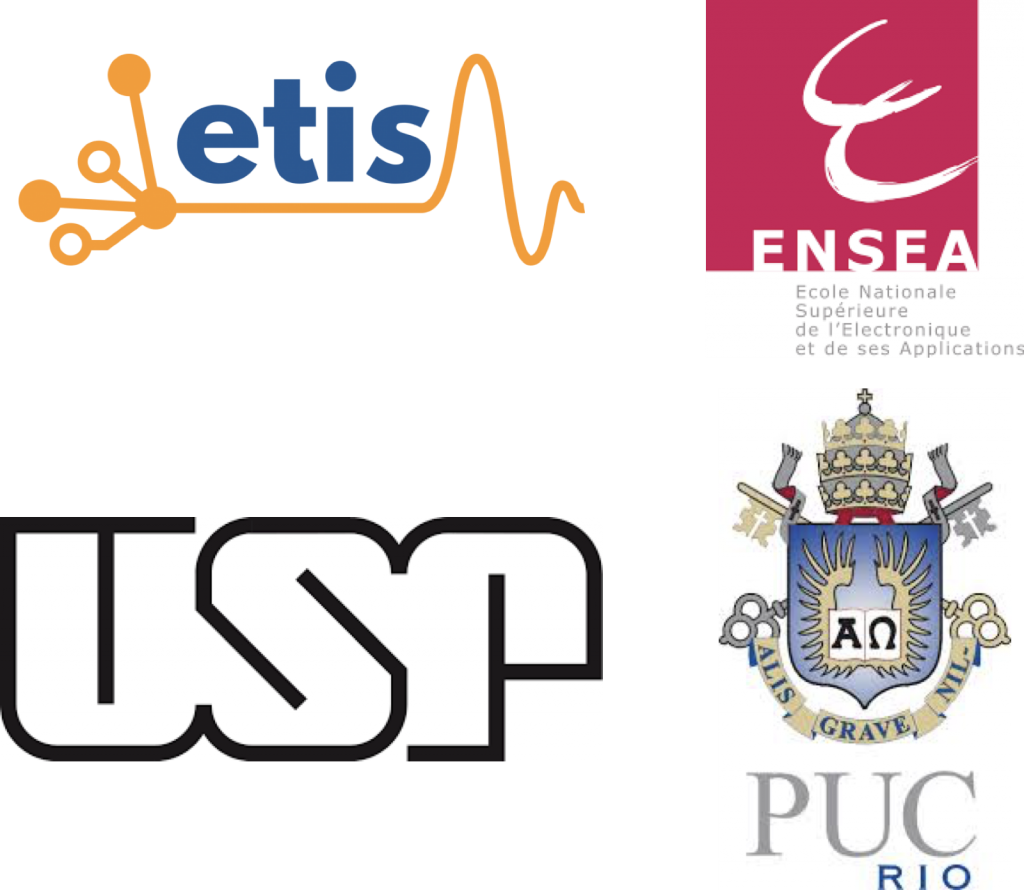
ETIS/ENSEA – Electrical Engineering Graduate School, Cergy-Pontoise, France
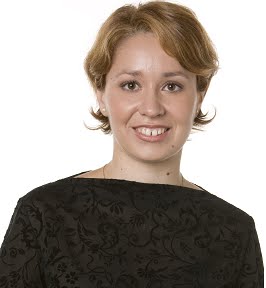
Prof. E. Veronica Belmega (PI and Scientific Coordinator) https://sites.google.com/site/evbelmega/home
is a Full Professor with the Université Gustave Eiffel and LIGM laboratory, Marne-la-Vallée (Greater Paris), France, since May 2022. Previously, she was an Associate Professor (MCF HDR) with ENSEA graduate school (Sep. 2011 – Apr. 2022) and Deputy Director of ETIS laboratory (Jan. 2020 – Apr. 2022), Cergy, France. In 2015-2017, she was a visiting researcher (délégation) at Inria, Grenoble, France. Her research interests lie in convex optimization, game theory and online learning applied to distributed communication networks and smart grids. In 2009, she received the L’Oréal – UNESCO – French Academy of Science national fellowship and the 2021 CY Alliance award: “For women and science”. She served as Executive Editor of Trans. on Emerging Telecommun. Technologies (ETT) in 2016-2020; among the Top Editors 2016-2017. She is a Senior Member IEEE since 2020.
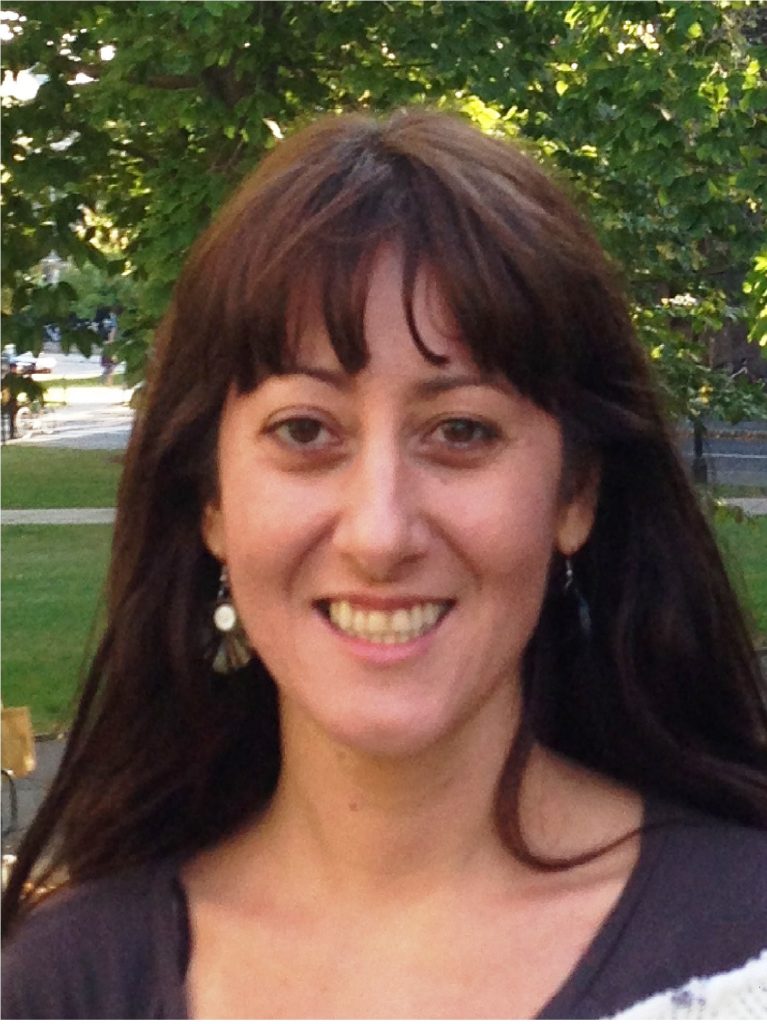
Prof. Arsenia Chorti (WP leader)
https://perso.etis-lab.fr//chorti/
is a Full Professor (2017-2021 Associate Prof., Full Prof. since 2021) at ENSEA. She obtained her Ph.D. from Imperial College and from 2010 to 2012 was as a Marie Curie Int. Outgoing Fellow (MC-IOF) at Princeton University where she is currently a visiting researcher. She served as Lecturer and Senior Lecturer at the Universities of Middlessex and Essex between 2008-2017. Her research interests include PLS, 5G, resource allocation. She is a member of the IEEE ComSoc SPCE Tech. Committee, a member of the IEEE Teaching Awards Committee, Associate Editor of the Springer Internet Tech. Letters. She participated in many EU, EPSRC, and CNRS research projects.
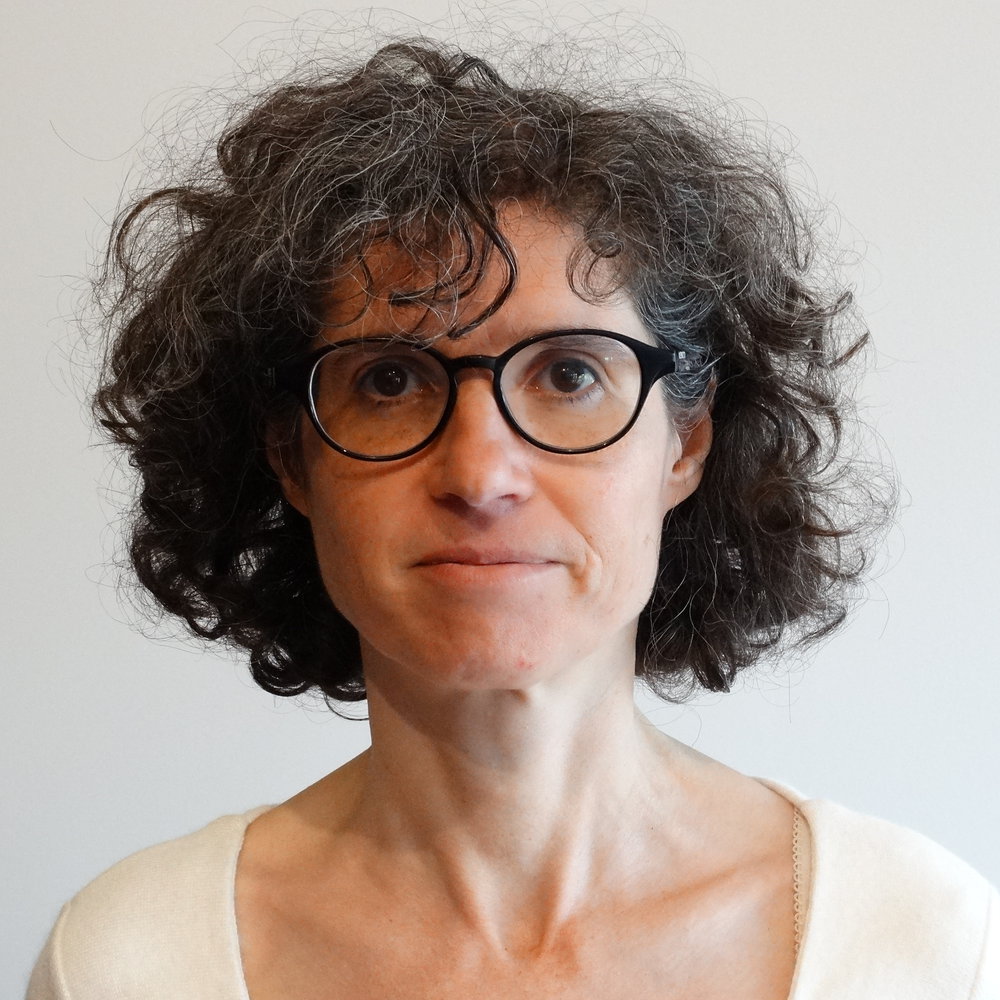
Prof. Inbar Fijalkow
https://perso.etis-lab.fr/fijalkow/
has co-authored over 150 international publications (among them 32 in journals) and 3 patents. She is an IEEE Senior member and has been Associate Editor for the IEEE Transactions on Signal Processing. She is on the scientific board of CNRS institute for information sciences and of the board in telecommunication for the competitiveness pole SYSTEMATIC. She is the holder of the industrial chair on IoT funded by Orange at Cergy-Pontoise.

Prof. Iryna Andriyanova (WP leader)
https://perso.etis-lab.fr/andriyanova/
is a Full Professor (PU) at the ETIS Laboratory, UMR8051, ENSEA/University of Cergy-Pontoise/CNRS (2011-2019 Associate Prof., Full Prof. since 2019) and the Head of the Computer Science department at the University of Cergy-Pontoise since Jan. 2018. Her main research interests lie one the domain of coding theory and applications, in particular in graph coding, wireless networks and distributed storage. She contributed in the projects IST STREP DAVINCI, ANR-09-COCQ, FUI-10-SYSTEMATIC ECONHOME, CNRS-PEPS-DISCO, as well is in industrial collaborations with Orange and Axalot, and she is currently involved into ANR-17-MUSICO and ADEME-18-ECOBIOH2 projects.

Dr. Jordane Lorandel (co-WP leader)
https://perso.etis-lab.fr/lorandel/
received his Ph.D. from INSA, Rennes in 2015. In 2016, he worked as Temporary Teaching and Research Assistant (ATER) at INSA, Rennes. Since September 2016, he has joined the University of Cergy-Pontoise as an Associate Professor (MCF). His major interests are embedded and reconfigurable systems and real time systems in general. In particular, he is interested in the development of smart and cognitive wireless systems under power and performance constraints for IoT and 5G networks.

Lionel Faurlini
is a CNRS Research Engineer at ETIS lab, working on the Embedded System for Health platform at ENSEA. His expertise lies in embedded systems, reconfigurable architectures and energy-efficient hardware design.

Dr. Mahdi Shakiba Herfeh (webmaster)
is a post-doctoral researcher at ETIS, ENSEA. He received the B.S. degree from the University of Tehran, Tehran, Iran, in 2011, the M.S. degree from Middle East Technical University, Ankara, Turkey, in 2014. and the Ph.D. degree from Bilkent university, Ankara, Turkey, in 2019. His research interests include various topics in information theory, wireless communications, and wireless security with a particular focus on coding techniques.

Hajar El Hassani
is a PhD student at ETIS working on energy-efficient NOMA for IoT.

Dr. Arnaud Daumenil
is a Post-doctoral researcher at ETIS working on coding for IoT.

Dr. Alexandre Macastel
is a Post-doctoral researcher and teaching assistant (ATER) at ETIS working on 1-bit quantization for massive MIMO.
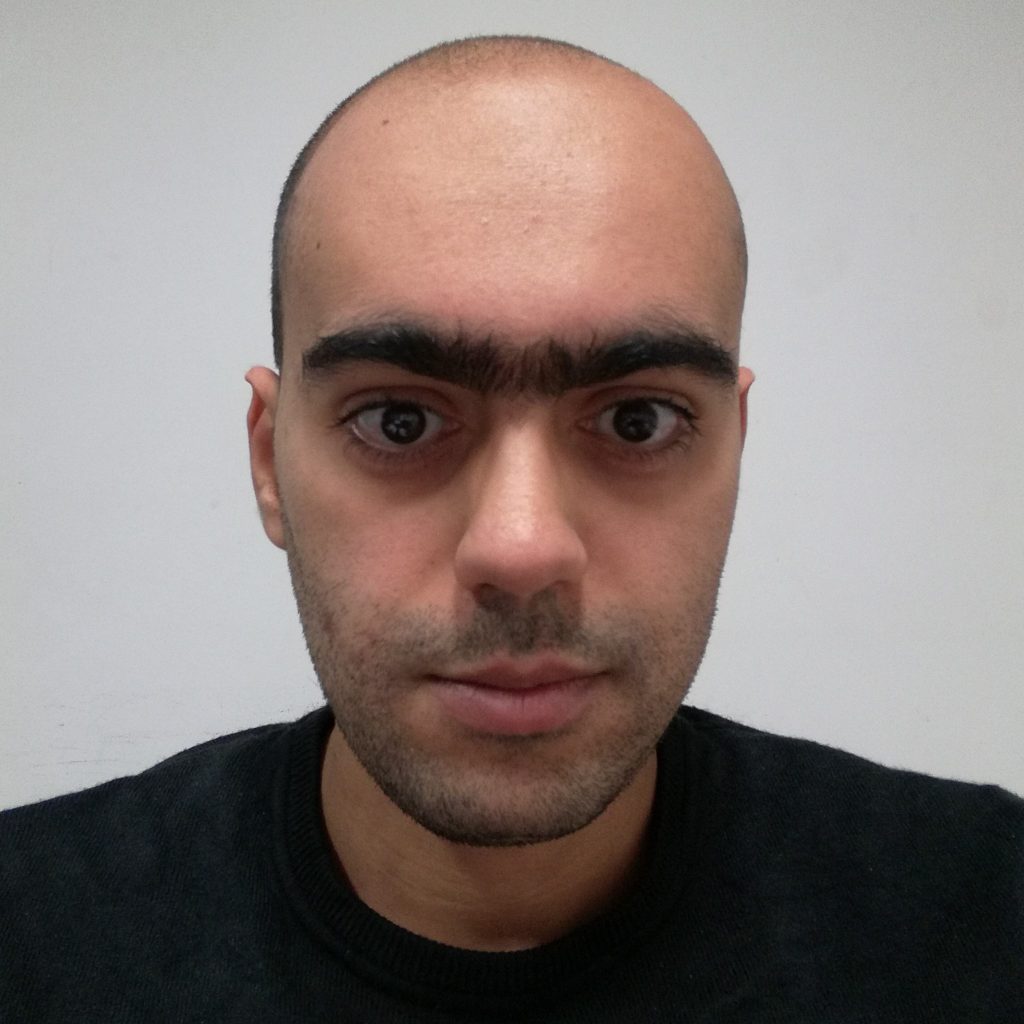
Dr. Mohamed Amine Khelif (co-WP leader)
received an M.S. degree in computer science specializing in electronic systems and computer systems from Pierre and Marie Curie University (Paris 6), Paris, France, in 2017. He is currently a Ph.D. candidate at CY Cergy Paris University, Paris, France. Since September 2020, he has joined ESIEE-IT engineering school as an Associate Professor and ETIS Laboratory as an Associate Researcher. His current research interests include embedded systems and Internet of Things through the scope of forensic and cyber-security.
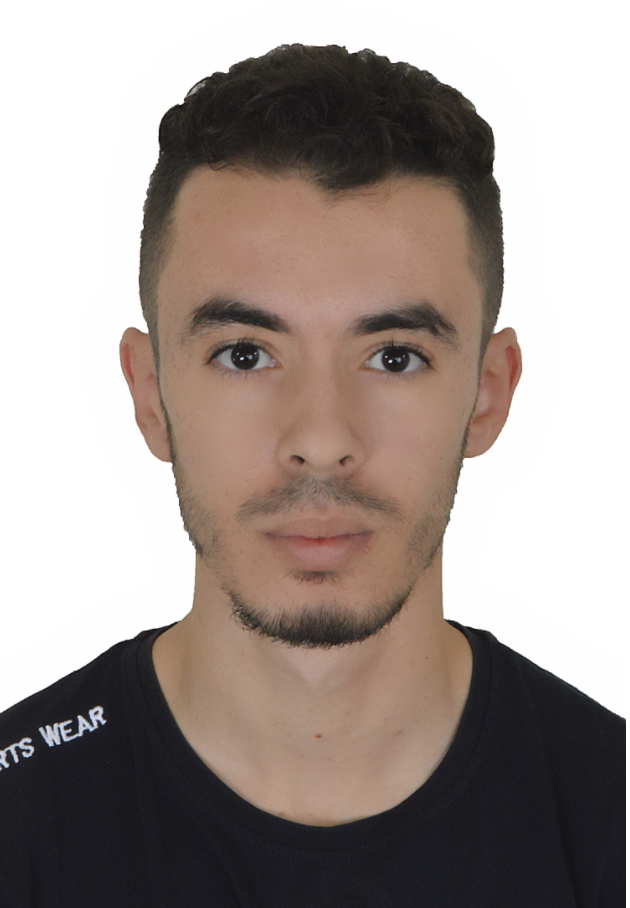
Toufik Kaddour Mokhtari
is a master research student in Electronics of Intelligent Systems at CYU and currently he is a research intern at ETIS lab working on IoT security. He received the engineer diploma in Electronics and Embedded Systems from the National Polytechnic School of Oran, Algeria, in 2020. His main interests are security and energy consumption in IoT.
USP – University of São Paulo, São Paulo, Brazil
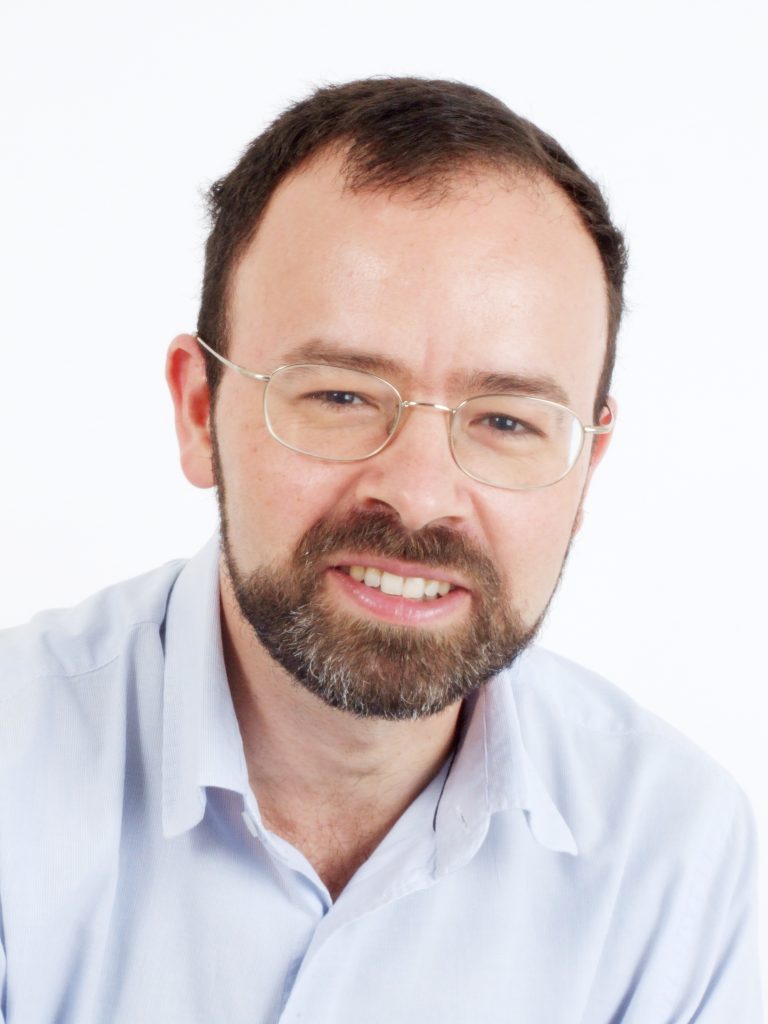
Dr. Vítor Nascimento (PI and Scientific Coordinator)
http://www.lps.usp.br/vitor/
obtained the B.S. and M.S. degrees in Electrical Engineering from Escola Politécnica, University of São Paulo, Brazil, in 1989 and 1992, respectively, and the Ph.D. degree from the University of California, Los Angeles, in 1999. From 1990 to 1994 he was a Lecturer at the Univ. of São Paulo, and in 1999 he joined the faculty at the same school, where he is now an Associate Professor. One of his papers received the 2002 IEEE SPS Best Paper Award. He served as an Associate Editor for the IEEE Signal Processing Letters from 2003 to 2005, for the IEEE Trans. on Signal Processing from 2005 to 2008 and for the EURASIP Journal on Advances in Signal Processing from 2006 to 2009, and is currently a Senior Area Editor for the IEEE Trans. on Signal Processing. He is a member of the IEEE-SPS Signal Processing Theory and Methods Technical Committee (2007 -2012, and 2016-). From 2010 to 2014 he was chair of the São Paulo IEEE-SPS Chapter, and between 2012 and 2016 he served as area editor for the Journal of Communication and Information Systems. He was Technical Chair of the 2014 International Telecommunications Symposium, organized by the Brazilian Telecommunications Society (SBrT), of the IEEE Sensor Array and Multichannel Signal Processing Workshop, which took place in Rio de Janeiro, Brazil, in 2016, and is one of the Technical Chairs of the 2020 IEEE Statistical Signal Processing Workshop, to be held in Rio.
His research interests include signal processing theory and applications, array signal processing, adaptive and sparse estimation, distributed learning, structural health monitoring, and applied linear algebra.

Dr. Cíntia Borges Margi (PI)
obtained her Ph.D. in Computer Engineering at the University of California Santa Cruz (2006), and her Habilitation (Livre Docencia) (2015) in Computer Networks from the University of Sao Paulo. She is Associate Professor in the Computer and Digital Systems Engineering department at Escola Politecnica – Universidade de Sao Paulo (EPUSP) since 2015, where she started as Assistant Professor in 2010. During 2007-2010 she was Assistant Professor at Escola de Artes, Ciencias e Humanidades da Universidade de Sao Paulo (EACH-USP).
Her research interests include wireless sensor networks and software-defined networking.
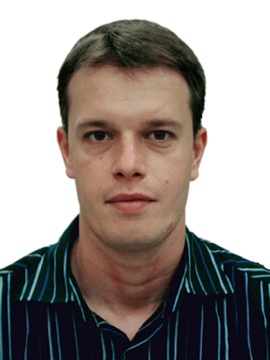
Dr. Cassio Guimarães Lopes
obtained a Ph.D. in Electrical Engineering from the University of California, Los Angeles in 2008, during which he worked in a joint project with the NASA Jet Propulsion Laboratory. In 2008, he was a Post-doc at the Instituto Tecnologico de Aeronautica (ITA), Brazil. He served as an Associate Editor for EURASIP JASP and was a co-chair at EUSIPCO 2016. Dr. Lopes is an Associate Professor at the University of São Paulo since 2009, is an IEEE senior member.
His research interests include adaptive processing over linear and nonlinear structures, distributed estimation, structural health monitoring, and applications of algebraic signal processing.

Dr. Saeed Mohammadzadeh (webmaster)
has a bachelor’s degree in Electrical Engineering from the University of Shahid Beheshti, a master’s and Ph.D. degree in Electrical Engineering from Eastern Mediterranean University. He is currently a postdoctoral researcher at the University of São Paulo. He is a member of the IEEE Signal Processing Society. He is currently a member of the ELIOT team to contribute to the study of signal processing techniques for beamforming and coding schemes in IoT communication systems. His research interest includes Adaptive beamforming, array signal processing.

Carlos Augusto Prete Jr.
received the BS. and MSc degree in Electrical Engineering from the Polytechnic School of University of São Paulo, Brazil, and the master’s degree from Institut Polytechnique de Grenoble, France. He is currently a Ph.D. candidate at the Polytechnic School of the University of São Paulo, where he researches signal processing and machine learning techniques for the identification of nonlinear systems and epidemic forecasting.

Daniel da Costa Vidal
Received his B.Sc. and M.Sc in Electrical Engineering from Universidade Federal Fluminense. He is currently a Ph.D. candidate at Universidade de São Paulo. His main interests are communications systems and digital signal processing

Gustavo A. Núñez Segura
is a Ph.D. student at Universidade de São Paulo. He received an M.Sc. degree (2018) in Electrical Engineering from Universidade de São Paulo and a B.Sc. in Electrical Engineering from Universidad de Costa Rica. His main research interests include energy consumption and security in wireless sensor networks and software-defined networking.
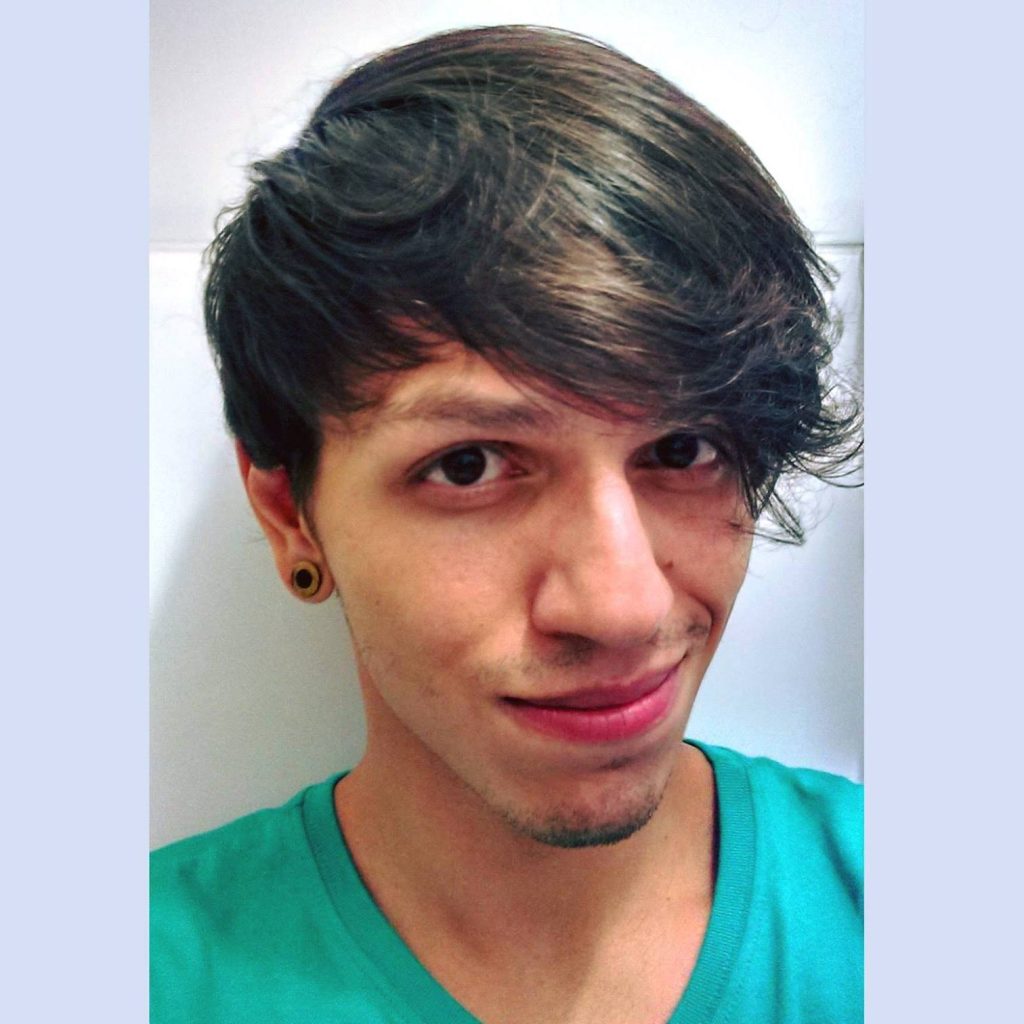
Allan Eduardo Feitosa
is a Ph.D. student at Universidade de São Paulo. He received an M.Sc. degree (2018) in Electrical Engineering from Universidade de São Paulo. His main research interests include signal detection and estimation, distributed networks, adaptive filtering, machine learning, structural health monitoring, and control theory.
PUC-Rio – Pontifical Catholic University of Rio de Janeiro, Rio de Janeiro, Brazil

Prof. Rodrigo C. De Lamare (PI)
http://delamare.cetuc.puc-rio.br/
has been a Professor at PUC-RIO since 2013. He is a senior member of the IEEE and an elected member of the IEEE Signal Processing Theory and Method Technical Committee. He currently serves as editor for IEEE Transactions on Communications, IEEE Wireless Communications Letters, and as a senior area editor for the IEEE Signal Processing Letters. His research interests lie in communications and signal processing, areas in which he has published over 400 papers in international journals and conferences.

Dr.-Ing. Lukas T.N. Landau (WP leader & webmaster)
received his Ph.D. in electrical engineering from the Technische Universität Dresden, Germany in 2016. Since 2016, he has been with the Center for Studies in Telecommunications, Pontifical Catholic University of Rio de Janeiro, Brazil, where he is currently an Adjunct Professor. His research interests lie in communications and signal processing. He received a best paper award at the ISWCS 2015. He is a senior member of the IEEE. He currently serves as editor for IEEE Wireless Communications Letters and EURASIP Journal on Wireless Communications and Networking.

Dr. Zhichao Shao
received his B.Sc. degree in information engineering from Xidian University, China, in 2012, and the Dipl.-Ing. or M.Sc. degree in electrical engineering from Technische Universität Dresden, Germany, in 2016. Currently, he is pursuing his Ph.D. degree in electrical engineering from the Pontifical Catholic University of Rio deJaneiro, Brazil. He is with the Center for Studies in Telecommunications under the supervision of Prof. Rodrigo C. de Lamare. His current research interests lie in communications and signal processing. He is also a reviewer of several journals and technical conferences.
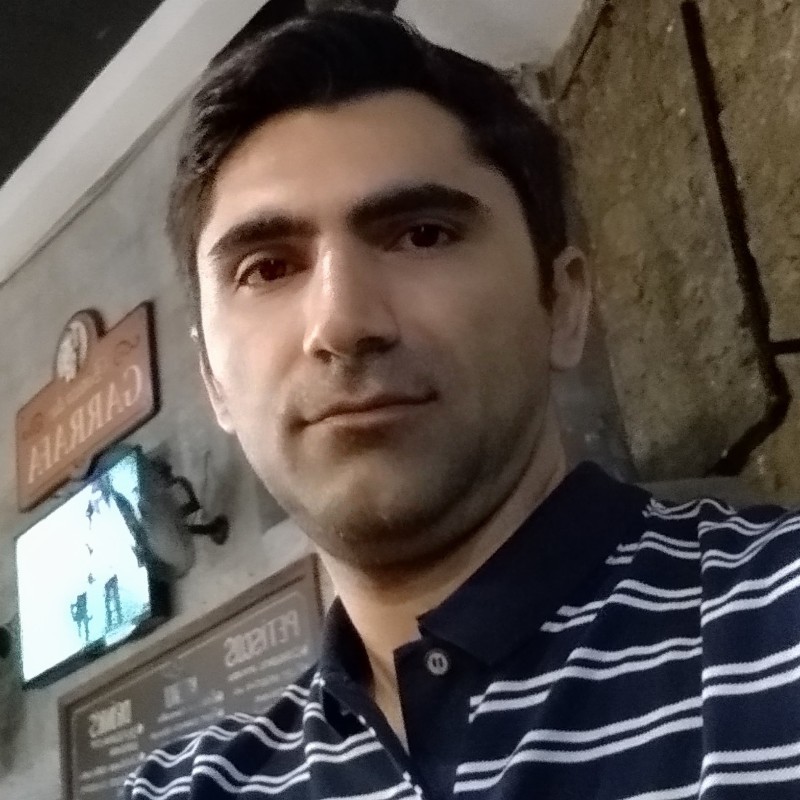
Danaee Alireza
received the B.Sc. and M.Sc degrees in Electrical Engineering from the University of Kurdistan, Sanandaj, in 2008, and the Shahid Rajaee Teacher Training University, Tehran, in 2013, respectively. He has been a Ph.D. student at the CETUC, Pontifical Catholic University of Rio de Janeiro since August 2018. His current research interests center around statistical signal processing and distributed optimization.
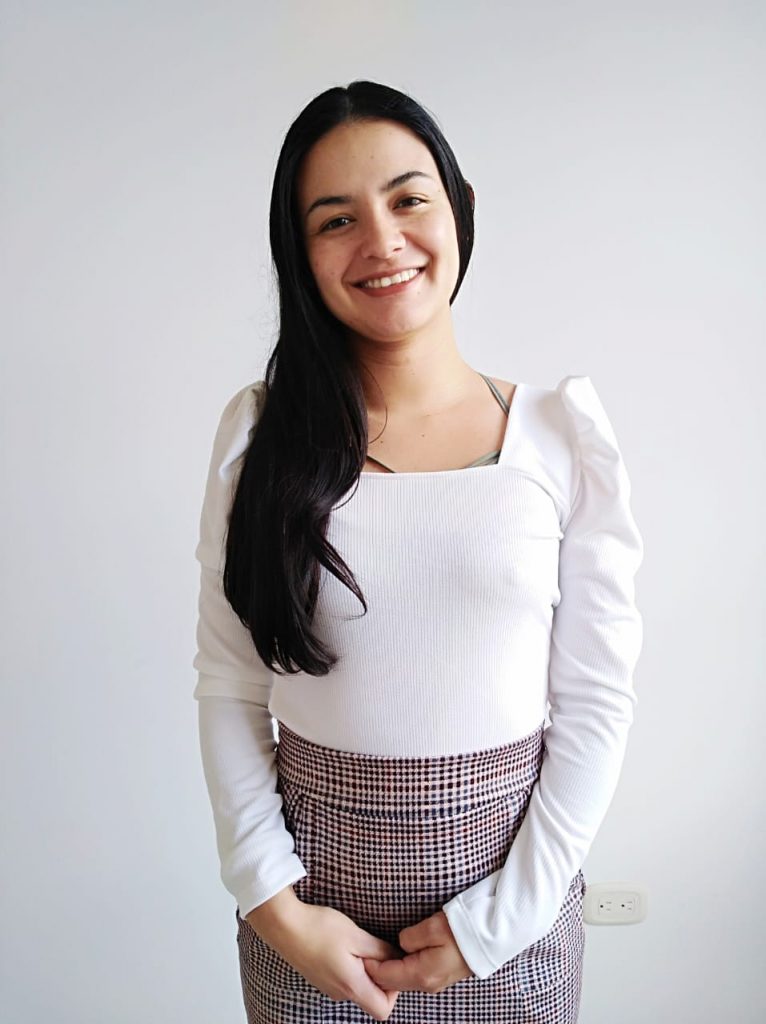
Diana M. V. Melo
received her B.Sc. degree in electronic engineering from Universidad de Nariño, Colombia, in 2017, and the M.Sc. degree in electrical engineering from the Pontifical Catholic University of Rio de Janeiro, Brazil, in 2020. Currently, she is Ph.D. student in electrical engineering from the Pontifical Catholic University of Rio de Janeiro, Brazil, with the Center for Studies in Telecommunications under the supervision of Prof. Lukas Landau. Her main research interests include communications systems and digital signal processing.
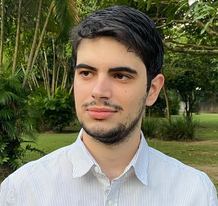
Erico S. P. Lopes
received the B.Sc. in electrical engineering degree with emphasis in telecommunications and electronics from the Pontifical Catholic University of Rio de Janeiro in 2018. He received the M.Sc. degree in electrical engineering in the area of communication systems in 2021 also by the Pontifical Catholic University of Rio de Janeiro. Currently he is a Ph.D. student at the Center for Studies in Telecommunications, Pontifical Catholic University of Rio de Janeiro, Brazil. His research interests include communications and signal processing.
